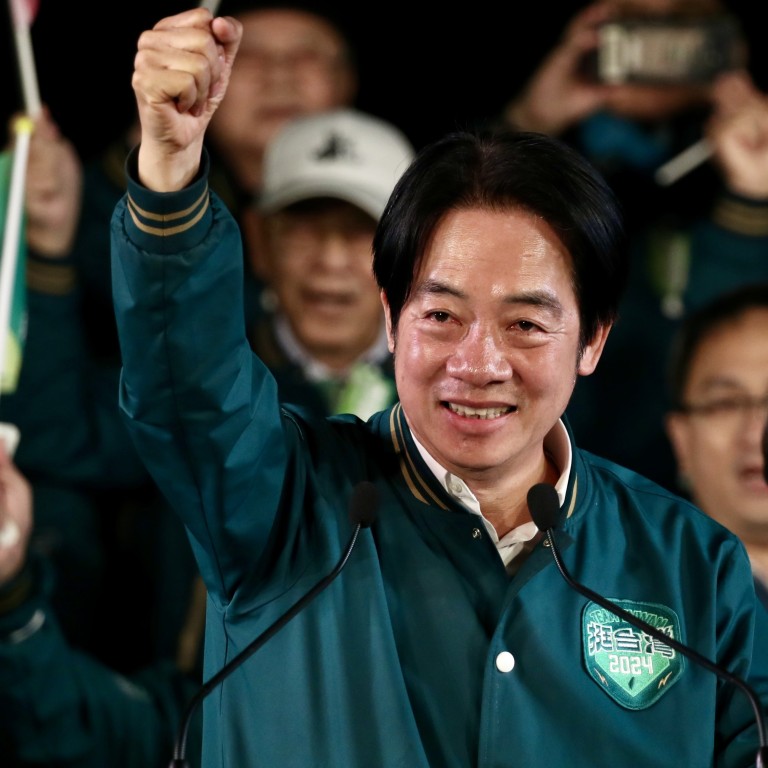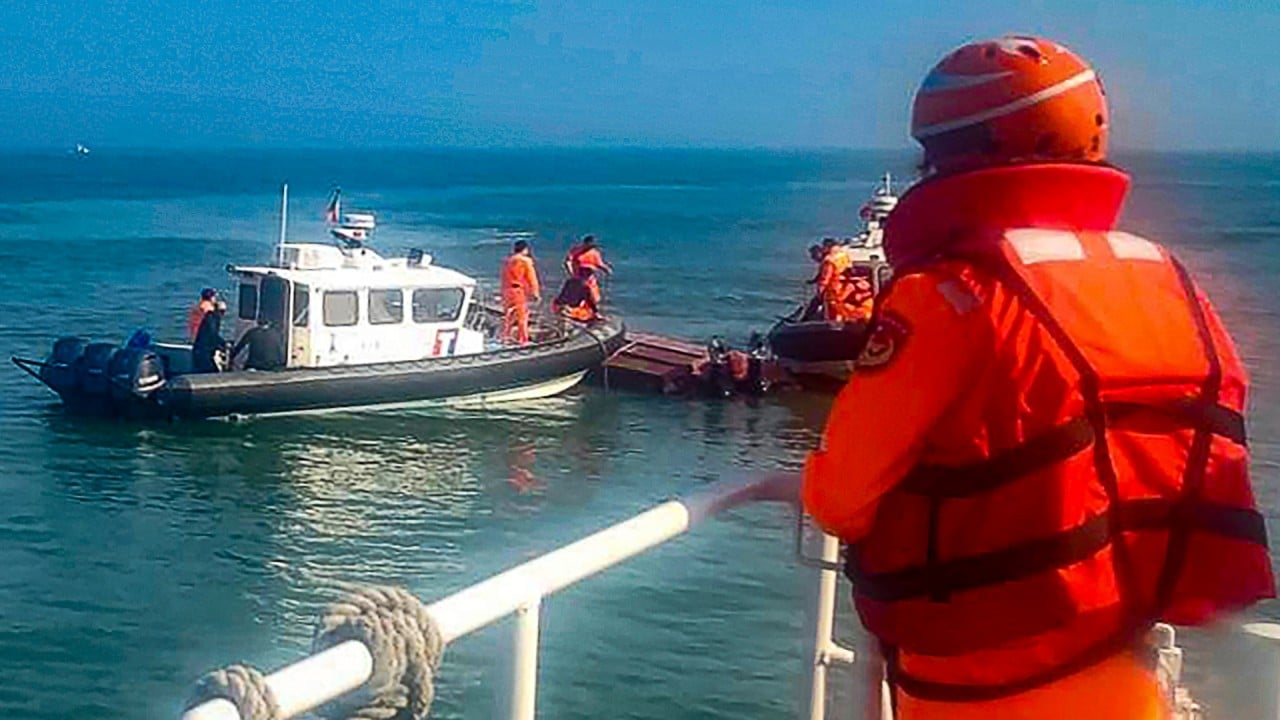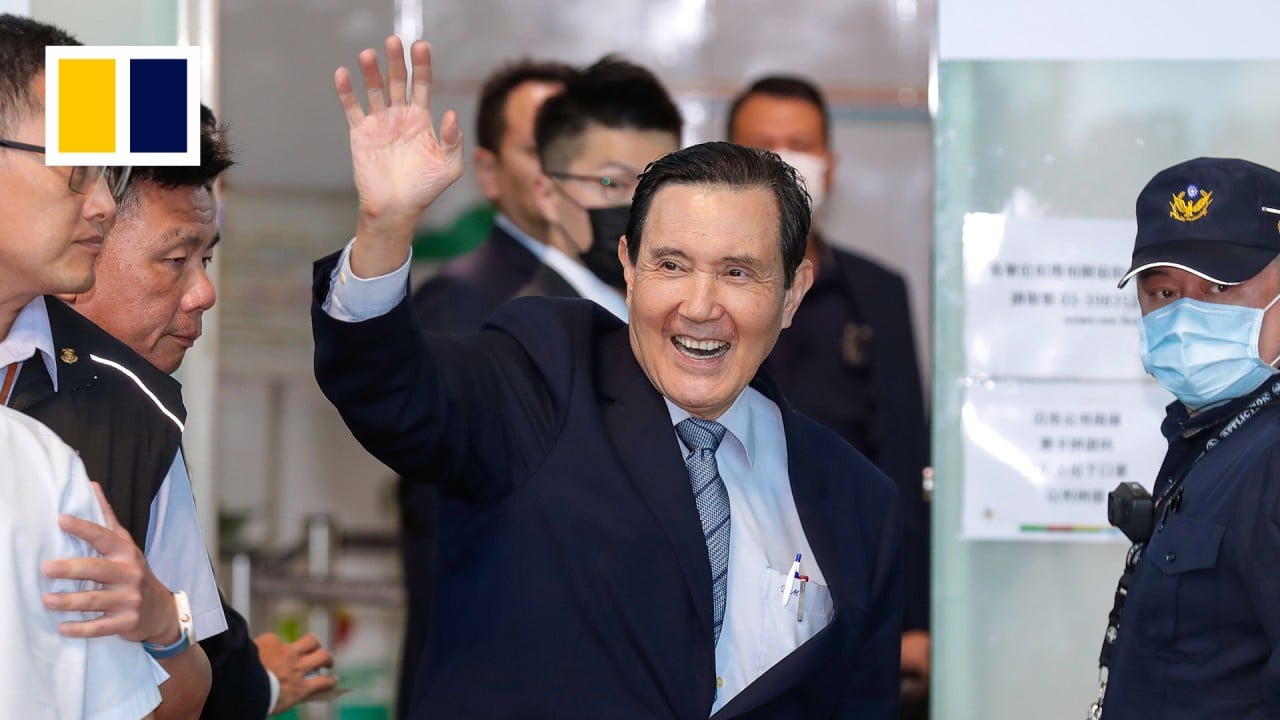
Taiwan’s incoming government faces tough task to win back public
- A series of high-profile incidents and scandals, plus heightened cross-strait tensions, have piled the pressure on president-elect William Lai and his team before they even take office
Given Quemoy’s proximity to the mainland, Taiwan would probably struggle to reinforce it should Beijing launch a military operation or decide to blockade it.
There have been reports that US troops have been training with Taiwanese forces on outlying islands including Quemoy and Penghu, although Admiral John Aquilino, head of the US Indo-Pacific Command, denied suggestions that US personnel were permanently stationed on Quemoy. As such, the situation around the outlying islands is precarious and could be a potential flashpoint for conflict.
It remains to be seen whether the visit will have much effect on reducing cross-strait tensions, though the trip has been criticised by the island’s Democratic Progressive Party’s (DPP) government and others in Taiwan.
Ma, from the opposition Kuomintang (KMT), was known for attempting to boost ties with the mainland during his time in office. As such, the Ma-Xi meeting is unlikely to significantly change the DPP’s stance towards Beijing.
India wants chips, Taiwan needs friends. But what about ‘one-China’?
The government also faces a number of domestic problems, ranging from crime to energy supply worries and an ailing economy. The latter two are well known, but several recent incidents of violent crime have sparked concerns over law and order issues.
These include the killing of two police officers last month by a man driving a stolen pickup truck, and Hong Kong activist Chiang Chia-wei being stabbed during a drunken incident in Taipei.
Thus, with a number of incidents and scandals marring the build-up to his inauguration, Lai and his administration face a tough task to win the public’s trust while also having to deal with heightened cross-strait tensions. This means they have little margin for error and will have to hit the ground running.
Hilton Yip is a journalist and editor based in Taiwan



